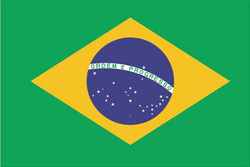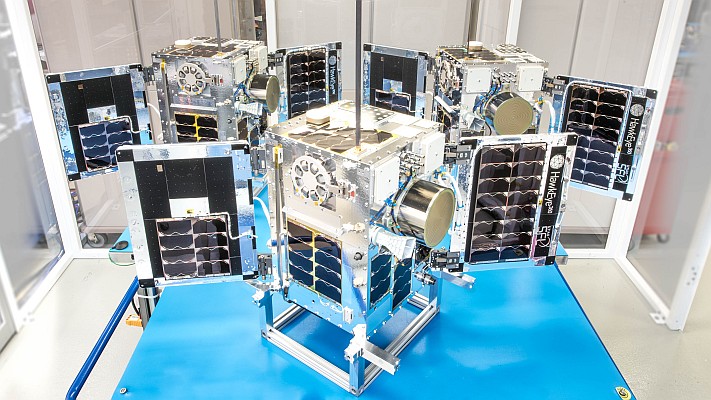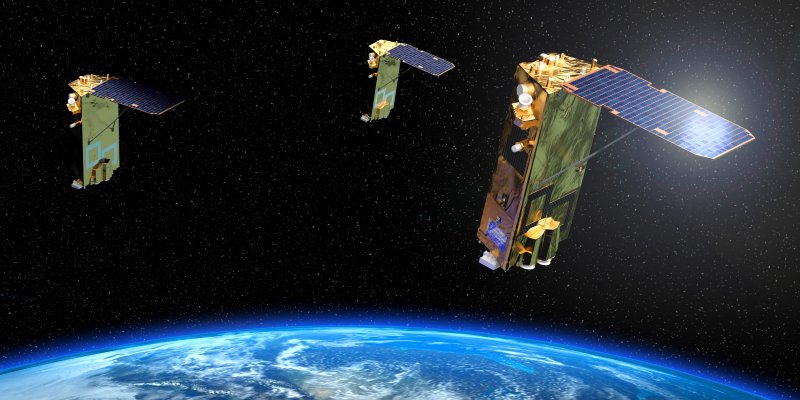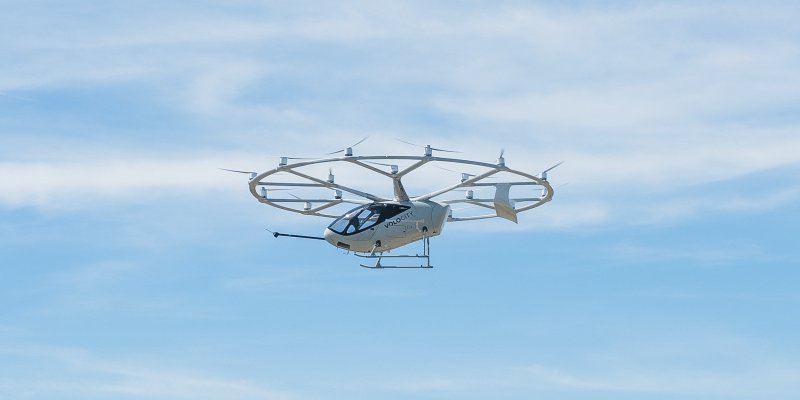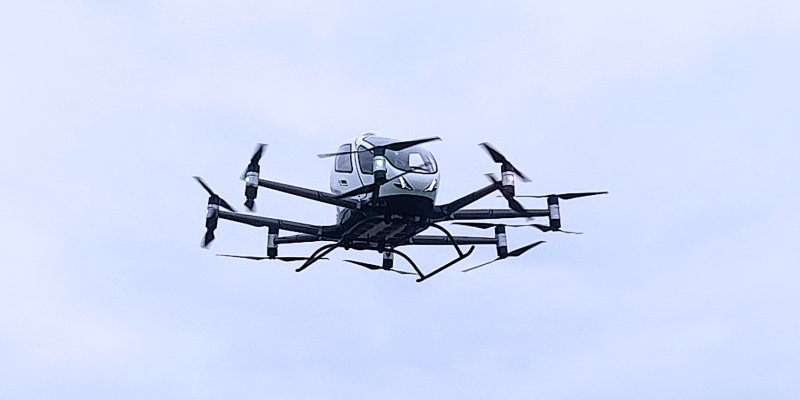Rushing to conclusions on the possible causes of the Galileo satellites incident before the end of the EU-Russian investigation is both too early and inappropriate, a Russian Rocket and Space Corporation (URSC) spokesperson told RIA Novostion Thursday.

“While the commission is still working, it is inappropriate and too early to speculate different versions and draw rash conclusions on the reasons of the launching of the space units [into an unintended orbit,” URSC information policy director Igor Burenkov said.
On August 22, the launch of Galileo’s Full Operational Capability (FOC) satellites aboard a Russian Soyuz rocket took place at the European Union’s spaceport in Kourou, French Guiana.
The satellites, which are part to the Galileo program, designed to provide a European alternative to the American GPS and Russian Glonass navigation systems, have been placed in a lower orbit than expected.
Earlier on Thursday, Russian newspaper Izvestia quoted an unnamed source from the Russian space agency Roscosmos as saying that the failure of the European Union’s Galileo Satellites to reach their intended orbital position was probably caused by software errors in the Fregat-MT rocket’s upper stage.
Source: GPS Daily

